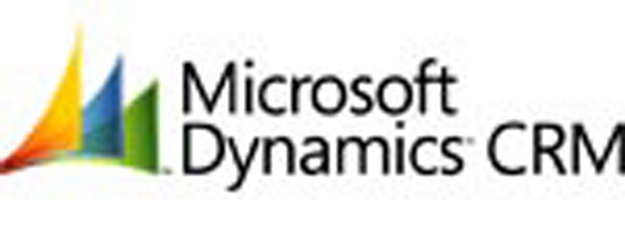Specialty healthcare management service companies, such as imaging, hospice, and surgicare clinics, aim to reduce the cost of health care while improving the quality of care. However, garnering referral relationships with physicians is highly competitive. Customer Relationship Management (CRM) systems serve an increasingly important function to these emerging healthcare businesses.
How can they best leverage the benefits of CRM?
The healthcare industry is currently shifting toward this more patient-centric delivery model. While large hospitals and medical centers are trying to follow this trend, these new specialty clinics have certain advantages over the hospitals that appear to be quite attractive to patients. Specialty clinics often provide high quality of care for less overall cost because of efficiencies and economy of scale.
Specialty healthcare management service companies, which also include emergicare, endoscopy, oncology, sleep centers, and other laboratory services, operate from smaller clinics that are in close proximity to their patients’ homes and offices. Not only do these clinics reduce patients’ travel time, but they offer the same high quality care of a large hospital by combining physicians, business administration, diagnostic services and medical billing with the latest technologies.
emergicare, endoscopy, oncology, sleep centers, and other laboratory services, operate from smaller clinics that are in close proximity to their patients’ homes and offices. Not only do these clinics reduce patients’ travel time, but they offer the same high quality care of a large hospital by combining physicians, business administration, diagnostic services and medical billing with the latest technologies.
Furthermore, these specialty healthcare businesses allow physicians greater access to the data generated from these services, and thus improves the quality of care for the patients. The specialty healthcare management service companies strive to help physicians diagnose and treat patients’ conditions faster while providing a higher standard of care with a more direct hands-on approach. Offering these services at nearby clinics decreases confusion, minimizes wait time and frustration for both the patient and the physician and can significantly improve the patient’s attitude toward their treatment. Moreover, through competition, they are able to offer these services at lower costs, benefiting both insurance carriers and patients.
As specialty clinics grow, they add sales and marketing staff who reach out to more and more physicians. This growth, and the challenges associated with growth, is generally what leads companies to need a CRM system. CRM systems’ functionality includes sales lead management, customer interaction management and customer data management.
CRM systems, once integrated, typically provide a quick return on investment (ROI) and help this new breed of healthcare service company, whether they have a small or large sales force, to effectively develop, manage and measure their sales force and marketing strategies in order to increase sales. CRM systems quickly generate customer and lead lists, qualify leads, and manage marketing campaigns, marketing information and direct mail and email. Additionally, CRM systems provide the capability to integrate into the company’s financials and provide an excellent platform for business analytics, executive decision management and business intelligence.
Microsoft Dynamics CRM™ and Microsoft Outlook with Business Contact Manager™ provide an excellent platform to meet the challenges associated with a growing Healthcare Management Services Company. Its easy integration, with Microsoft Exchange™, Microsoft Outlook™ and Internet ready PDAs such as the iPhone™ or Blackberry™, makes it an excellent product for these companies to effectively manage and grow their businesses. Microsoft has designed the Dynamics CRM™ products to be easy to use, easy to customize and very price competitive. The Microsoft Dynamics CRM™ solution can be delivered in a variety of ways such as a hosted solution, direct ownership or Software as a Service (SaaS).
